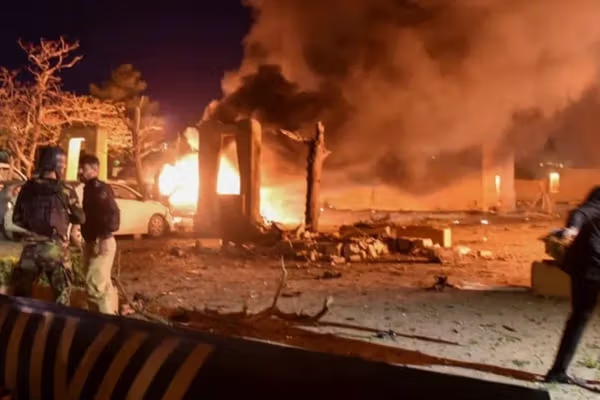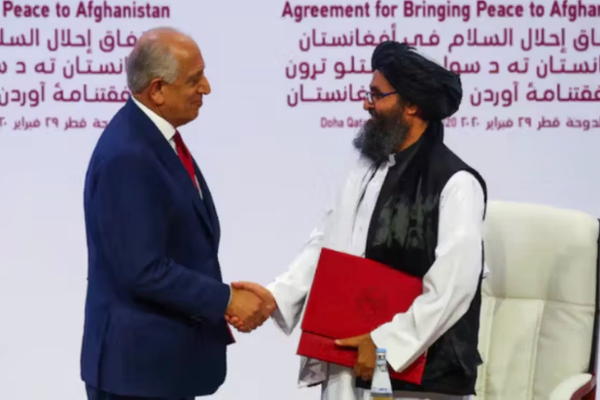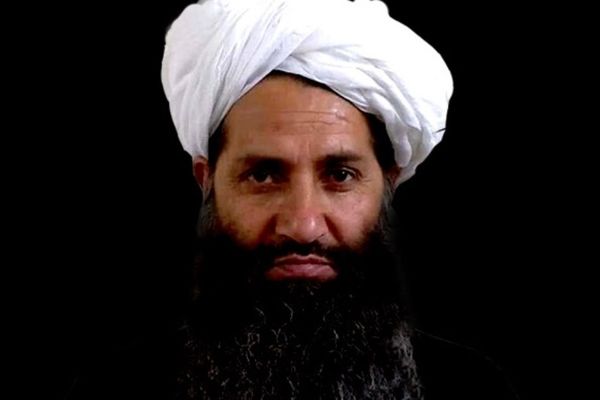
Reaping What They Sowed: Pakistan’s Taliban Problem
Pakistan’s decades of sowing terrorism across the region have now bitten its own feet, and the country is bleeding.

Pakistan’s decades of sowing terrorism across the region have now bitten its own feet, and the country is bleeding.

In November 2010, a man with a distinctive turban, considered the special representative of Mullah Omar, was discreetly transported by a German intelligence from the Gulf to Munich during a cold winter and accommodated in a luxurious hotel.
It has been four years since the fall of the republic in Afghanistan. During this period, a diverse array of political movements, military fronts, and civil resistance groups have emerged—both within the country and beyond its borders.
For four long years Afghanistan has been without a functioning government — a country without a constitution, public participation in power or women present in public life.

On 21 May 2016, three days after the killing of Akhtar Mohammad Mansour, the former leader of the Taliban, discussions began within the group regarding the selection of a new leader.